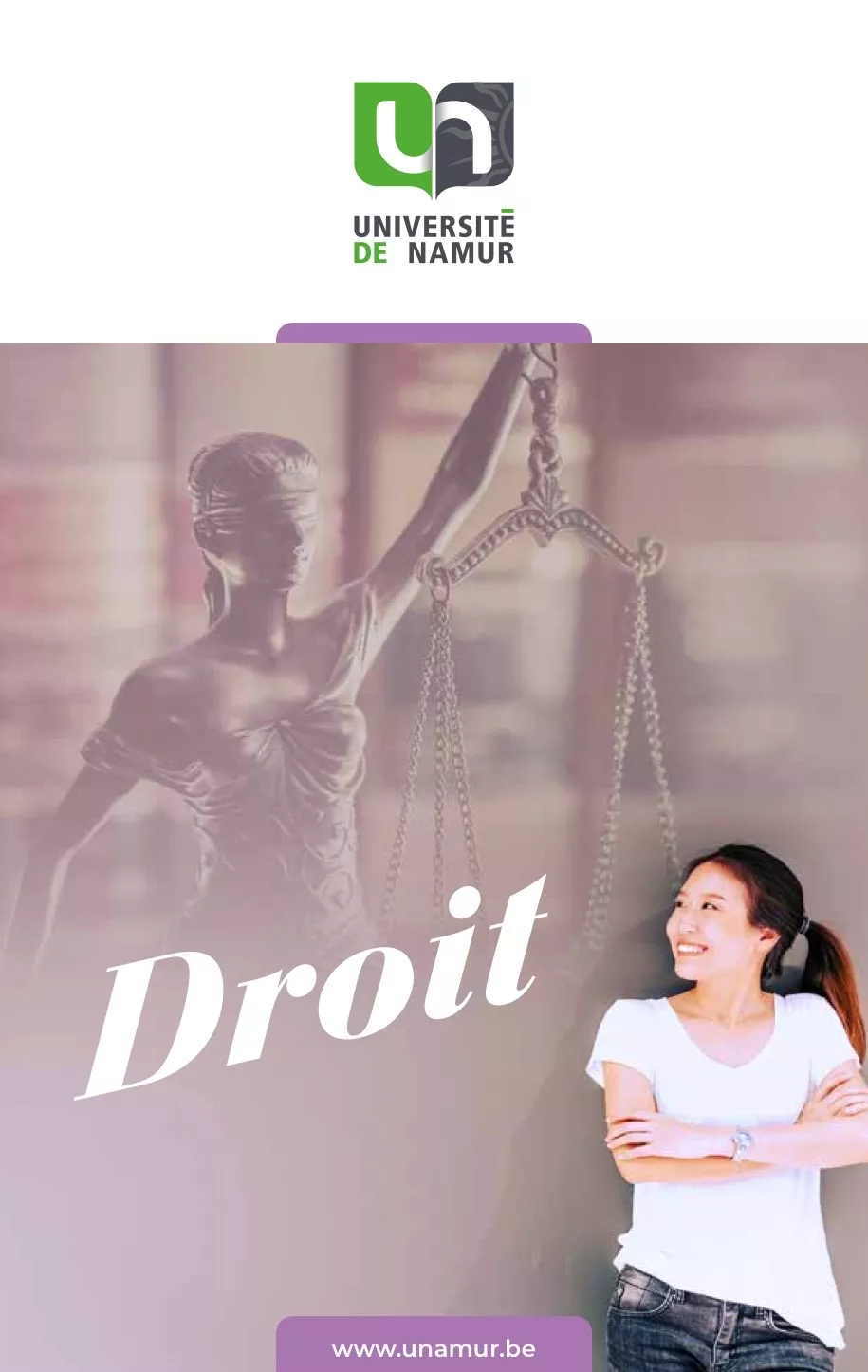The team of assistants teaching practical work in the law of obligations have set themselves the challenge of making students more involved in their own success and developing their soft skills. Since last year, they have been rethinking the way they teach by changing their approach with the aim of encouraging students to succeed.
Active teaching in practice
Breaking with codes, they have rethought the whole way they teach. Changes have been made at many levels. Each session is unique, with a variety of approaches to help each student find their way around. The practical exercises are designed so that, while challenging them, they succeed in carrying out the proposed activities. At the start of each session, students are given the opportunity to choose the theme of their case. The aim of this choice is to encourage student involvement and motivation by giving them the opportunity to influence the activity.
The activities proposed are mainly contextualised so that the situations raised, based on real case law, are meaningful for the students. This enables them to identify with real cases.
Aware that their posture is one of the key elements in maintaining the students' attention, the assistants were able to adapt accordingly: positive communication, questioning, moving from one group to another to exchange ideas by sitting down with them, etc.
The complexity of what is required gradually evolves over the course of the sessions. The aim is that by the last lesson, the students should be able to solve the case study in its entirety and present it to another group on their own.
Among the many adaptations, we can cite the following: a change in the layout of the room, work in groups, regular and constructive feedback, getting the students moving to reinvigorate them, giving the students the opportunity to evaluate the practical work based on their satisfaction, the teaching methods, the content and the cross-curricular skills. All in a pleasant working environment that encourages learning.
"By changing the way we teach, we are taking into account the different profiles and forms of intelligence of our students. Those who are more visual will appreciate the colourful and attractive materials, while others will need to handle the cards to remember them better. We also encourage exchanges between students. Explaining the subject to their fellow students helps them to better integrate the theory," explains Sarah Larielle, "and that makes all the difference!"
While some students may have been disconcerted at the first practical session, they eventually realised that this way of teaching enabled them to integrate the theoretical concepts more easily, to manipulate the material and even to find meaning in their studies. "What's good about it is that it's a different way of approaching the subject; it's not as heavy as in class. The fact that we're in a group is rarer at university. It really allows you to immerse yourself in and be captivated by the subject. Personally, it really makes me want to take part", says student Louise. It also gives them a concrete idea of the usefulness of law. Their feedback is encouraging, as evidenced by their attendance at practical sessions and their assessments.
